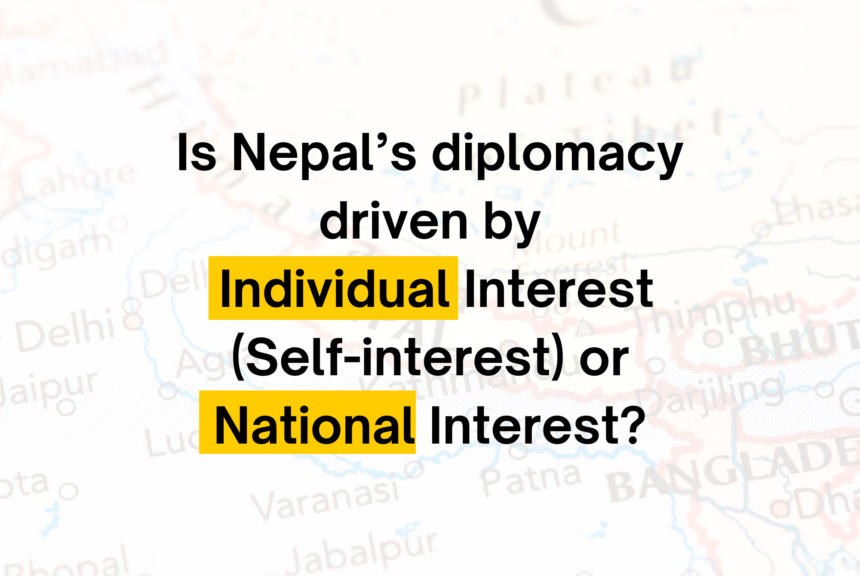There is no doubt that a state’s foreign policy should ideally be guided solely by its national interest. However, in smaller and weaker states like Nepal, political leaders’ ambitions can become entangled with personal interests. This can lead to foreign policy decisions influenced by a desire to maintain power through support from external forces, often India, China, or Western powers. Public pronouncements by leaders often hint at these linkages. Politicians are seen as having closer ties to one major power or another, and their rise to power, formation of government, and even their ability to stay in power can be linked to maintaining a “comfort zone” with these powerful states. This tendency trickles down, creating a supportive circle where individual interests often prevail. As a result, domestic political considerations can overshadow true national interests in foreign policy decisions. This raises the question: to what extent do individual interests trump the national interest in diplomacy? Does diplomacy become a tool for leaders and their inner circle to benefit themselves, all under the guise of national interest?
Is Nepal’s diplomacy driven by Individual Interest (Self-interest) or National Interest?

